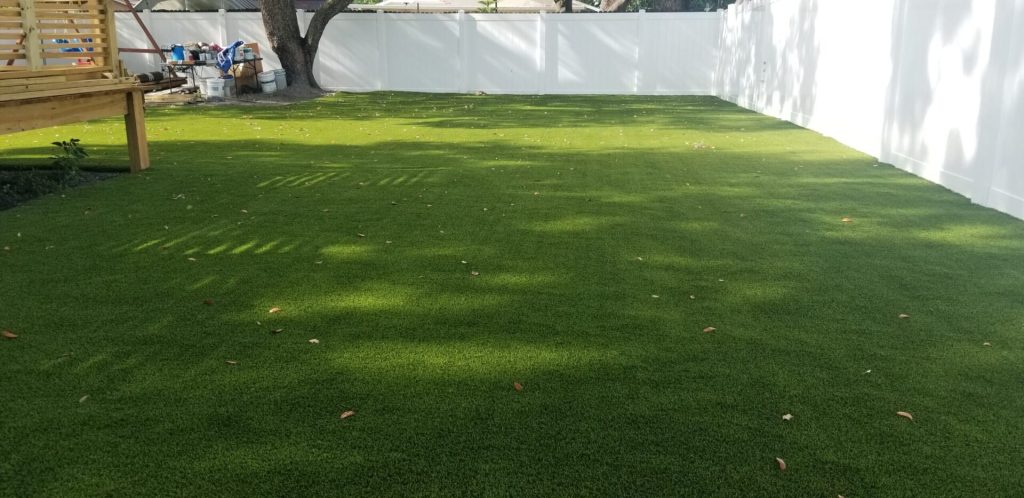In recent years, synthetic grass has become increasingly popular for residential and commercial landscapes, sports fields, and playgrounds. Beyond its aesthetic appeal and low maintenance, synthetic grass offers numerous safety benefits that make it an attractive choice for families, athletes, and communities. Let’s delve into the safety advantages of synthetic grass and how it can help safeguard your space.
1. Injury Prevention:
Synthetic grass provides a cushioned surface that helps reduce the risk of injuries, particularly in high-impact areas such as playgrounds and sports fields. Unlike natural grass, which can become uneven and prone to holes or divots, synthetic grass offers consistent padding and stability, minimizing the risk of trips, falls, and impact-related injuries.
2. Impact Absorption:
One of the key safety features of synthetic grass is its ability to absorb impact and minimize the force of falls or collisions. This is especially beneficial for children playing on playgrounds or athletes participating in sports activities. Synthetic grass surfaces are designed to provide a soft landing and reduce the risk of serious injuries, such as concussions or fractures, associated with hard surfaces like concrete or asphalt.
3. All-Weather Performance:
Synthetic grass maintains its traction and resilience even in wet or inclement weather conditions, reducing the risk of slips and falls. Unlike natural grass, which can become slippery and muddy when wet, synthetic grass remains stable and safe for use year-round. This makes it an ideal choice for outdoor spaces where safety is a priority, regardless of the weather.
4. ADA Compliance:
Synthetic grass installations can be designed to meet ADA (Americans with Disabilities Act) accessibility standards, ensuring that outdoor spaces are safe and inclusive for individuals with mobility impairments. Synthetic grass surfaces can be engineered to provide smooth transitions and firm footing for wheelchairs, walkers, and other mobility devices, promoting accessibility and safety for all users.
5. Reduced Allergen Exposure:
For individuals with allergies or sensitivities to pollen, mold, or grasses, synthetic grass offers a hypoallergenic alternative that helps minimize exposure to allergens. Unlike natural grass, which can trigger allergic reactions in sensitive individuals, synthetic grass does not produce pollen or harbor allergens, providing a safer and more comfortable outdoor environment for everyone.
Conclusion:
From injury prevention and impact absorption to all-weather performance and ADA compliance, synthetic grass offers a range of safety benefits that make it an excellent choice for a variety of outdoor applications. Whether you’re creating a playground for children, installing a sports field for athletes, or designing a backyard oasis for your family, synthetic grass provides a safe, durable, and low-maintenance solution that enhances the safety and enjoyment of outdoor spaces. By choosing synthetic grass, you can create a space that’s not only beautiful and functional but also safe and secure for everyone who uses it.
4714 Cypress Tree Dr, Tampa, FL 33624, USA
(813) 212-7160
